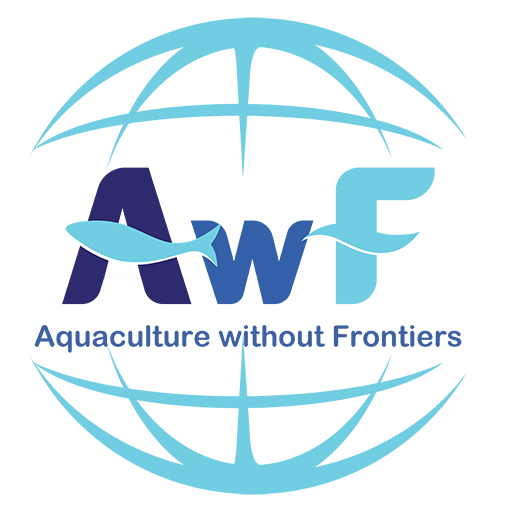AwF Directors use plenary sessions to get message out at Gran Canaria conference
Category:Updates![]() Around 400 participants joined last week’s meeting held in Las Palmas to mark the first four decades of the journal Aquaculture which continues to be the mainstream journal of the sector. This period parallels the rise of modern aquaculture and gave an opportunity to reflect on progress and celebrate the future. The conference was marked by the high quality of both oral and poster presentations and was designed around only two parallel oral sessions giving choice but also stimulating cross disciplinary discussion. This indeed was the theme of AwF Director Dave Little’s plenary where he reflected on what the various types of integrated research were and how they have been used in the field – the challenges and the successes. As supporters of research’s increasing demands for evidence of impact, some level of integration becomes inevitable; simple mono-disciplinary work rarely solves complex real world issues.
Around 400 participants joined last week’s meeting held in Las Palmas to mark the first four decades of the journal Aquaculture which continues to be the mainstream journal of the sector. This period parallels the rise of modern aquaculture and gave an opportunity to reflect on progress and celebrate the future. The conference was marked by the high quality of both oral and poster presentations and was designed around only two parallel oral sessions giving choice but also stimulating cross disciplinary discussion. This indeed was the theme of AwF Director Dave Little’s plenary where he reflected on what the various types of integrated research were and how they have been used in the field – the challenges and the successes. As supporters of research’s increasing demands for evidence of impact, some level of integration becomes inevitable; simple mono-disciplinary work rarely solves complex real world issues.
Former AwF Director and Co-Chair Barry Costa Pierce, the chair of the conference organizing committee, used his plenary to review the inter-linkages between fisheries and aquaculture and how these have often been underplayed in terms of the impacts that aquaculture can have on the poor. This often requires understanding of how poor fishers respond to declining catches and if involvement in aquaculture value chains can provide an alternative. Ensuring both ecological and social impacts of emerging aquaculture are understood and negotiated with stakeholders is critical in both richer and poorer countries.
AwF Ambassador Shakuntala Thilsted led the audience to a better understanding of the relationship between aquaculture and the 1000 day movement, promoting awareness of the importance of early nutrition during the first 1000 days of life. She communicated how good nutrition for pregnant women and infants was essential to safeguard whole life outcomes and good public health in general, giving examples from Bangladesh and elsewhere. The importance of small fish in terms of nutritional quality was a key theme and it is hoped that the largely technical audience reflected on the fact that the research they do is ultimately about food and peoples’ nutrition. Ensuring that there is enough fish for rich and poor and that the continuing expansion of aquaculture benefits the poor should be a mission of the industry as a whole.
Contributed by AwF Director Dave Little.
